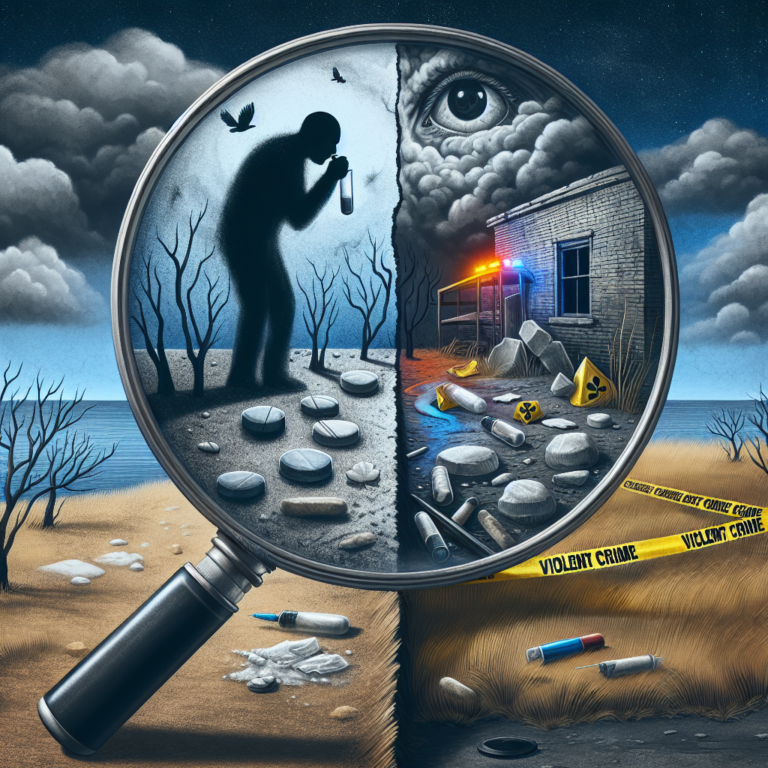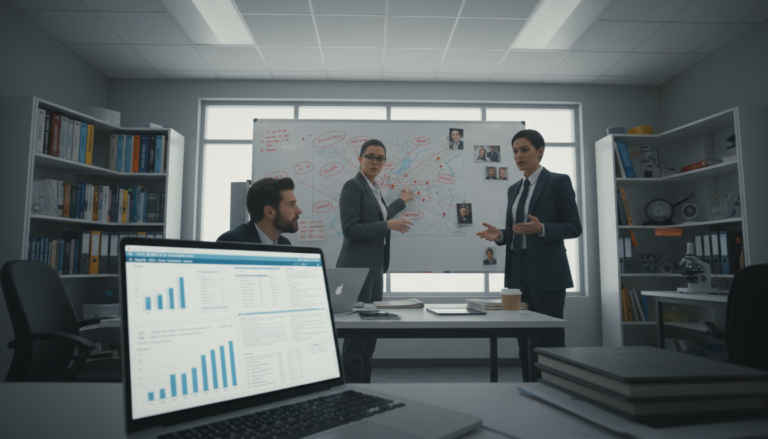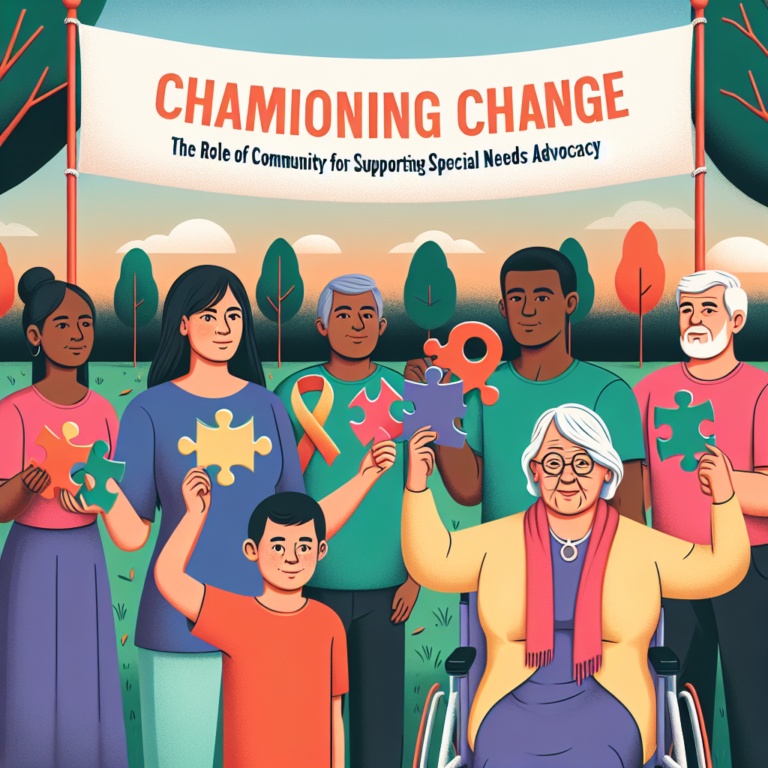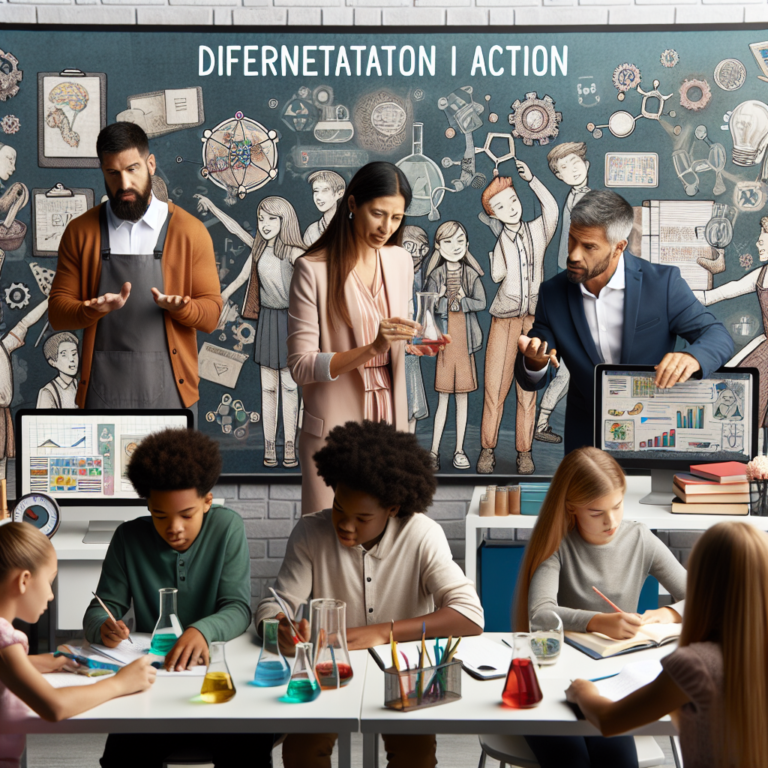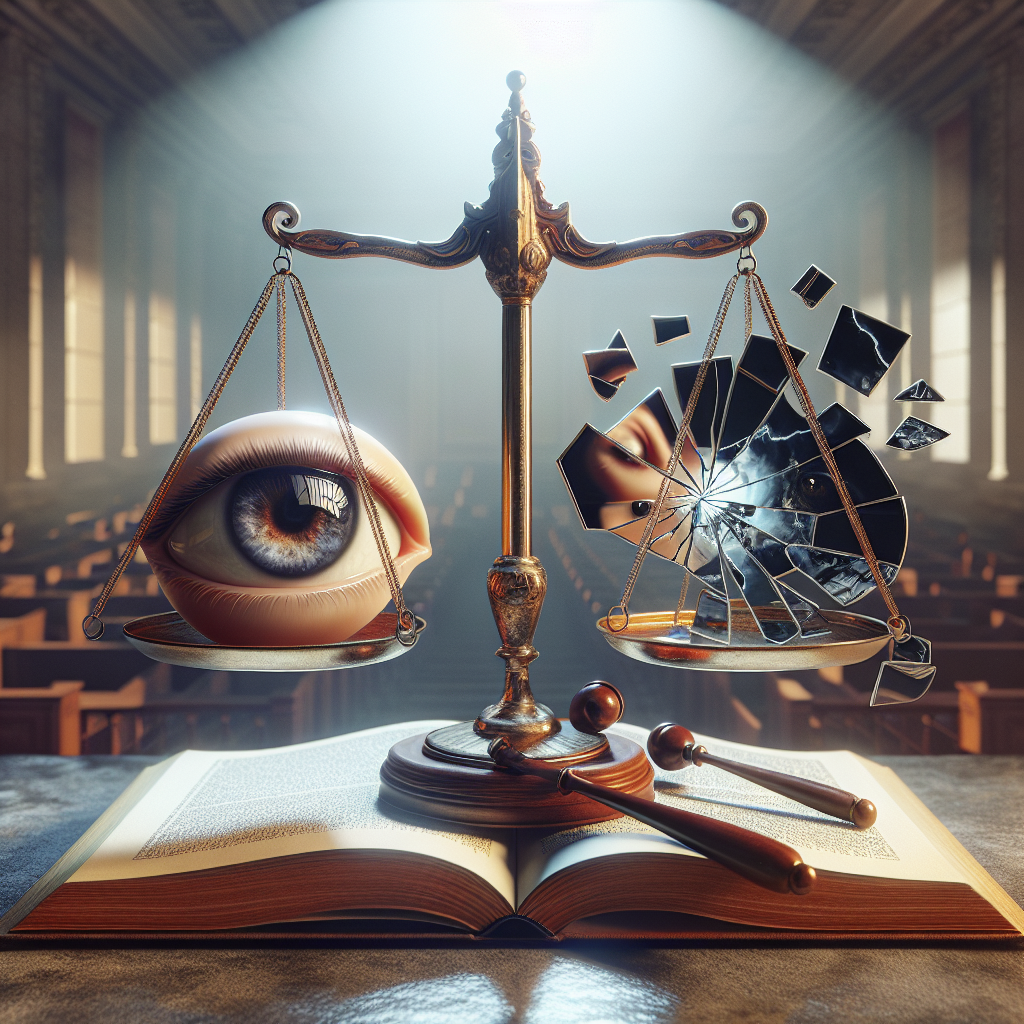
Introduction
In the annals of justice, the phrase "eyewitness testimony" often emerges as a cornerstone of the legal system. But what happens when those who witnessed a crime recall events incorrectly? The complexities of human memory can lead to errors, potentially devastating consequences for both victims and defendants. In this article, "The Eye of the Beholder: Understanding Eyewitness Testimony and Its Flaws," we delve into the intricacies of this subject, exploring the psychology behind eyewitness accounts and revealing the pitfalls that can distort our perceptions of truth.
The Fallibility of Memory
Understanding Memory Mechanics
Memory is not a perfect recording of events; rather, it is a complex process of encoding, storing, and retrieving information. Psychologists classify memory into three fundamental types: sensory memory, short-term memory, and long-term memory. During each stage, various factors can influence the accuracy of recollection, particularly in high-pressure situations like witnessing a crime.
Table 1: Stages of Memory
| Stage | Duration | Function |
|---|---|---|
| Sensory Memory | < 1 second | Brief storage of sensory information. |
| Short-term Memory | 15-30 seconds | Temporary holding of information for further processing. |
| Long-term Memory | Indefinite | Organizes and stores information for future use. |
The Role of Stress and Emotion
Stress and high emotional states play a vital role in how we encode memories. In circumstances involving threats or danger, our bodies engage the "fight or flight" response, fundamentally altering our focus and, consequently, our memory. This physiological reaction can lead to selective attention—witnessing certain details while overlooking others, often critical to constructing an accurate narrative.
Case Study: The Wrongfully Convicted
One infamous example illustrating the flaws in eyewitness testimony is the case of Ronald Cotton. Convicted of rape in 1984, Cotton spent over 10 years in prison, largely based on the victim’s identification of him in a lineup. Later DNA evidence exonerated him. Cotton’s case highlights unequivocally how confidence in recall does not necessarily equate to reliability, a critical point in "The Eye of the Beholder: Understanding Eyewitness Testimony and Its Flaws."
The Influence of Suggestibility
Leading Questions and Misinformation
The nuances of questioning can significantly affect how witnesses remember events. Law enforcement officers often unintentionally lead witnesses toward a specific narrative through suggestive questioning or the presentation of misleading information.
Table 2: Effects of Suggestion
| Factor | Impact on Memory |
|---|---|
| Leading Questions | Can alter a witness’s recollection and confidence. |
| Media Coverage | Can introduce false memories or reinforce misconceptions. |
Case Study: The Elizabeth Loftus Experiments
Psychologist Elizabeth Loftus conducted pivotal experiments revealing how simply rephrasing questions could alter memories. In one study, participants who heard the phrase "smashed into" reported higher speeds of vehicles compared to those who heard "hit." This research underscores the influence of language on memory distortion, making it central to "The Eye of the Beholder: Understanding Eyewitness Testimony and Its Flaws."
Memory Reconstruction
The Role of Reconstruction in Eyewitness Accounts
Memory is not static; it is an ever-evolving construct shaped by subsequent experiences and information. When recalling a traumatic incident, individuals often reconstruct memories, inadvertently altering details based on suggestions or contextual clues.
Case Study: The Challenger Explosion
After the Challenger Space Shuttle disaster, many witnesses recalled similar details, but discrepancies emerged regarding the explosion’s management and aftermath. The difference in recollections led researchers to probe how memory reconstruction could cause substantial variations in individual accounts. This case reinforces the complexity of eyewitness testimony in "The Eye of the Beholder: Understanding Eyewitness Testimony and Its Flaws."
Reliability of Eyewitness Accounts
Factors Affecting Accuracy
Even in an optimal situation, eyewitness testimonies can be shaky. Variability in a witness’s focus during the event, detective questioning tactics, and individual biases can deeply impact the accuracy of recollections.
Table 3: Factors Impacting Eyewitness Reliability
| Factor | Description |
|---|---|
| Duration of Exposure | Longer exposure often yields better accuracy. |
| Witness Stress Level | Higher stress can hinder accurate recollection. |
| Prior Knowledge | Preexisting biases can color memories. |
Example: The Innocence Project
The Innocence Project has taken on numerous cases where wrongful convictions were primarily based on flawed eyewitness testimonies. By uncovering exonerating evidence, such as DNA analysis, they have consistently highlighted the potential risks of relying solely on eyewitness accounts—reinforcing the core message of "The Eye of the Beholder: Understanding Eyewitness Testimony and Its Flaws."
Enhancing Eyewitness Testimony Protocols
Innovations in the Field
Due to the awareness of the potential flaws in eyewitness testimony, there have been strides to establish protocols that minimize inaccuracies. Innovative techniques such as cognitive interviews, where witnesses are encouraged to visualize the crime scene, have shown promise in eliciting more accurate accounts.
Research Study: The Cognitive Interview
In a study comparing traditional interviews with cognitive interviews, researchers found that the latter resulted in significantly more accurate recall of details. This method respects the nuances of memory while working to counteract the typical pitfalls of stress and suggestion. Implementations of cognitive interviews underscore the valid points made in "The Eye of the Beholder: Understanding Eyewitness Testimony and Its Flaws."
The Legal System’s Response
Adjustments to Legal Practices
As awareness of the fragility of eyewitness testimony increases, legal systems worldwide have begun to adapt. Many jurisdictions have started integrating expert testimony regarding memory and perception in criminal trials.
Case Study: The Iowa State Court
In Iowa, the court adopted new jury instructions regarding eyewitness testimony, carefully educating jurors on the common fallacies in human recollection. This progressive shift aims to ensure that jurors can critically evaluate eyewitness accounts without unequally weighting them in their deliberations, further aligning with the principles discussed in "The Eye of the Beholder: Understanding Eyewitness Testimony and Its Flaws."
Conclusion
As we have examined throughout this explorative journey in "The Eye of the Beholder: Understanding Eyewitness Testimony and Its Flaws," the importance of understanding the psychological dimensions of eyewitness accounts cannot be overstated. Human memory, while remarkable, is often fallible—tainted by emotion, suggestibility, and reconstruction.
To navigate the complexities of eyewitness testimonies in our legal system, continued vigilance and refined protocols are essential. Awareness is the first step; as educators, jurors, and legal practitioners, fostering a deeper understanding of these factors can lead us to better, more informed decisions.
FAQs
What is eyewitness testimony?
Eyewitness testimony is an account given by individuals who have witnessed an event, often a crime, where they share their recollections of what occurred.How reliable is eyewitness testimony?
Eyewitness testimony can be very flawed, influenced by various factors including stress, suggestibility, and memory reconstruction, which can lead to inaccuracies.Can memory be manipulated?
Yes, eyewitness memories can be influenced by subsequent information or leading questions, leading to altered perceptions of the original event.What measures can improve eyewitness accuracy?
Techniques like cognitive interviews and refined questioning practices can enhance the accuracy of eyewitness accounts by reducing stress and introducing fewer suggestive elements.- Why is understanding eyewitness testimony important?
Grasping the complexities of eyewitness testimony is crucial for the legal system, as flawed testimony can result in wrongful convictions and significant miscarriages of justice.
By grappling with these critical insights, society can take a step closer to a more just and accurate legal process, reinforcing the foundational belief in truth and integrity that underscores our justice system.







